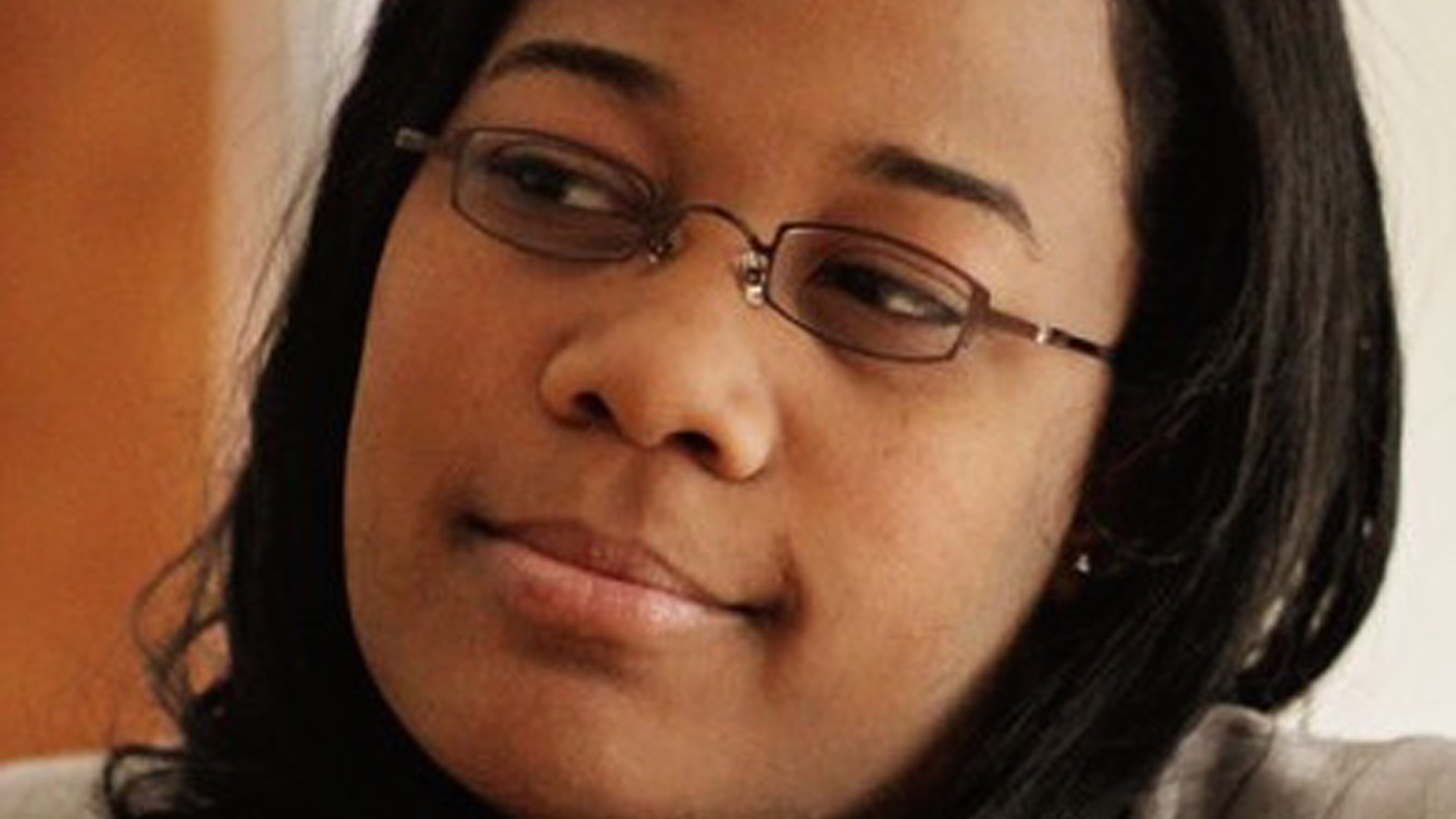Meet Tamecia R. Jones: I Have Fun Trying to do Engineering with Kids

“I like the way kids’ faces light up when they learn something or figure something out, and I do not like it when kids want to know how to do something but think that they cannot, for whatever reason,” says the assistant professor of STEM Education. “I want to research assessment because I want it to be fair and efficient without negatively impacting the student experience.”
This is part of a series of profiles of faculty who joined the College of Education in 2017.
Tamecia R. Jones
Education: Ph.D. in Engineering Education, Purdue University; Master of Divinity, Boston University; Master of Art in Learning, Design and Technology, Stanford University; and Bachelor of Science in Biomedical Engineering, The Johns Hopkins University.
Experience: Research Assistant, INSPIRE Research Institute for Pre-College Engineering, Purdue University’s School of Engineering Education; Research Coordinator, neXus Boston; Teacher Fellow, University of Illinois at Chicago; Instructor and Curriculum Developer, STEAMSKOPE, Purdue University; Instructor and Curriculum Developer, Upward Bounch, Wheelock College; Educational Program Consultant, Sportsmen’s Tennis and Enrichment Club; Techer, Young Achievers Science and Mathematics Pilot School (Boston, Massachusetts); Saturday Course Teacher, Milton Academy; Math/Science Teacher, Uphams Corner Charter School; Instructor/Curriculum Designer, Galileo Educational Services; MD Functional Math Tutor, Baltimore City Public School System; Founding Director/Instructor, ARCADE Summer Institute for Children, Morgan State University; and Teaching Assistant, Biomedical Engineering Department, Johns Hopkins University.
How I Ended Up at the NC State College of Education: I was fortunate enough to visit the campus while working on my PhD, and I learned about NC State. As an engineering education researcher, I was excited that NC State was being innovative about how it does engineering education and considering the education of engineers from a systemic approach with a focus on preparing P-12 teachers.
Why I Chose the NC State College of Education: I enjoyed the community of people that I met and their excitement about the work they attempted to do. I met faculty, students and employees who were happy and I felt like I could contribute to this community and find amazing people with which to collaborate. I resonate with the mission of the university.
Why I Chose the Field of STEM Education: I am an engineer by training, and my experience becoming an engineer make me want to change the experiences for others who might want to become an engineer.
Why I Pursued a Ph.D.: I enjoy solving problems and looking at data to make decisions. Pursuing a PhD meant I could decide which problems I wanted to investigate and that I could do work which could have an impact because it just was not an idea. It could be tested.
My Research Interests: Wow. I am interested in assessment, K-12 engineering education, human-computer interaction, spatial thinking, museum and informal learning, teaching and learning, student identity…the list goes on.
How I Became Interested in These Fields: I like the way kids’ faces light up when they learn something or figure something out, and I do not like it when kids want to know how to do something but think that they cannot, for whatever reason. I want to research assessment because I want it to be fair and efficient without negatively impacting the student experience. I have fun trying to do engineering with kids, and the skills and tools related to successfully learning engineering interest me. I know that schools do not always have resources or freedom to teach everything they want, so museums and informal spaces need to be researched to make them fun and effective. Teaching and learning is the process by which this all happens, and as an engineer, I still like to research processes.
My Teaching Philosophy: My teaching philosophy is to help students develop the skills and confidence so that they can chase their own curiosities and use available resources to answer any question they have. I want them to eventually not need me but partner with me in growing understanding.
How I Came to Develop This Philosophy: I had tremendous teachers from preschool through high school. They prepared me for the time when I would have to take information and teach myself. I understood that when I went to college and had to manage my own learning. They gave me a foundation and taught me disciplines that I have impacted my whole educational career. When I started as a first year teacher, I called those teachers for advice on how to teach, and they shared wisdom. I realize that students make teachers just as much as teachers made students, and since we teachers do not have students forever, we have to create experiences that will help them over the course of their lives.
What I Hope My Students Learn From Me: I hope my students will learn disciplines that make them thinkers and enable them to be lifelong learners. I hope they will be excited about unanswered questions rather than be intimidated by them and be creative in how they are willing to seek answers in research. I hope they will revere the privilege and burden of teaching and understand the power and impact they have in the lives of students and families.
- Categories:


